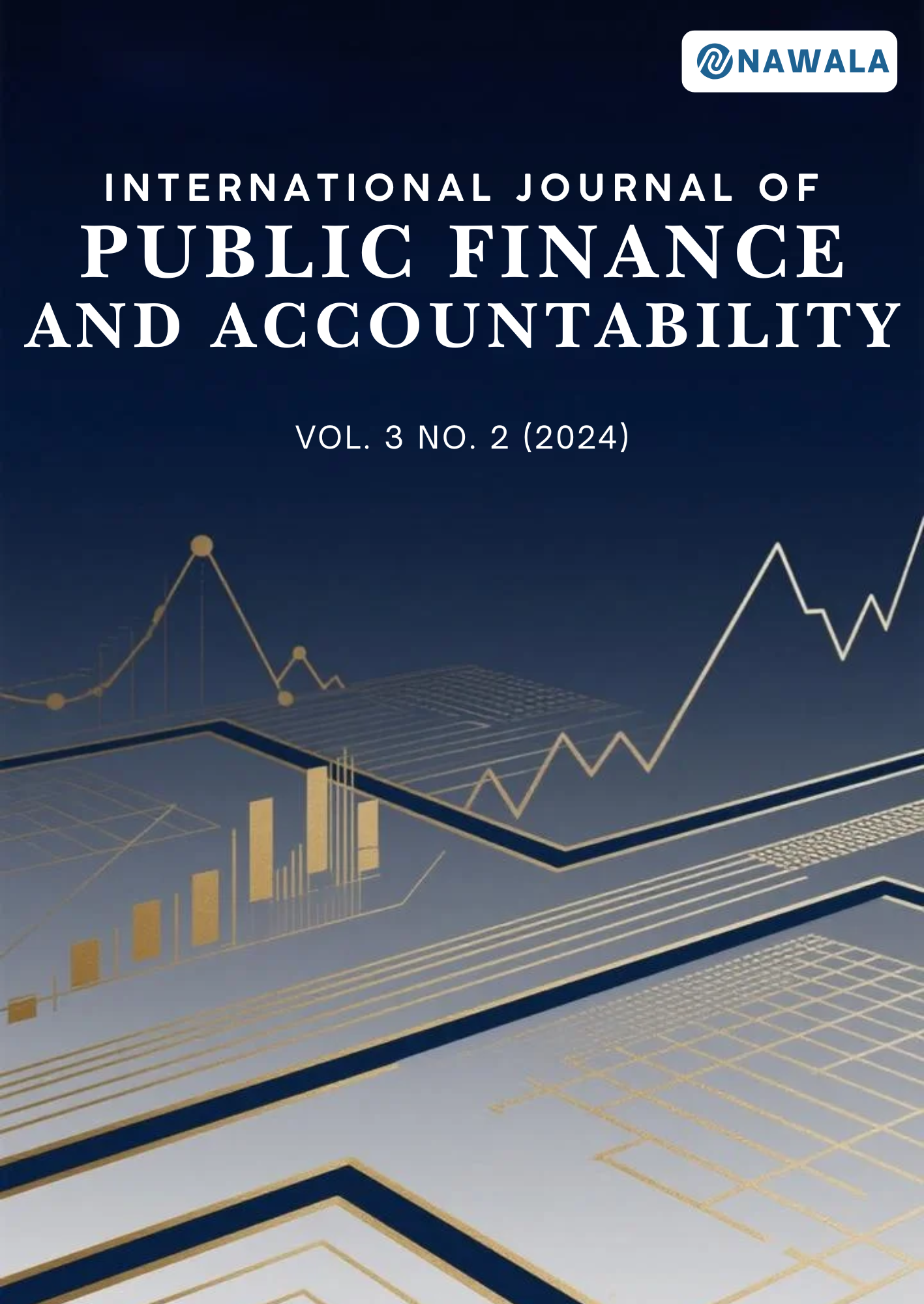Machine Learning in Government Auditing: A Systematic Literature Review
Keywords:
Fraud Detection, Government Auditing, Machine Learning, Public Sector, TransparencyAbstract
The rapid advancement of Machine Learning (ML) has begun to transform government auditing by enabling full-population testing, anomaly detection, and predictive risk assessment. This study employs a systematic literature review (SLR) of peer-reviewed articles published between 2020 and 2023 to examine the applications, benefits, and challenges of ML in public sector auditing. Findings indicate that ML enhances audit efficiency, supports data-driven decision-making, and improves fraud detection. However, technical limitations, data quality issues, and the “black box” nature of certain algorithms pose significant challenges, raising concerns about transparency and accountability. Ethical and governance considerations are critical for ensuring legitimacy and public trust, while the fragmented nature of existing research highlights the need for standardized evaluation frameworks and interdisciplinary expertise. Overall, the study underscores the transformative potential of ML in government auditing while emphasizing the importance of responsible and structured implementation.





